West is losing dominant global position, its so-called virtues, says analyst
A political commentator says Western countries, which have defined and distinguished themselves from other nations and regions by a set of self-describing values, are experiencing a contraction of powers, and that each of their so-called cardinal virtues appears to be at risk with recent transformations.
Manipulations of elections and voter suppression schemes place in doubt the primacy and legitimacy of democratic processes. Immunity of the elite and leadership from accountability or even criminal prosecution contradict the claim that Western nations represent fidelity to an open, transparent and fair judicial system, Saeed Khan, a professor of Near East & Asian Studies & Global Studies and Director of Global Studies at Wayne State University, Detroit, the United States, commented.
He added that the restrictive space given to Muslims in the public sphere of several Western countries exposes the hypocrisy of societies that purportedly promote freedom of expression for all.
While the West is often characterized as being a conglomerate of Europe, North America, north of the Rio Grande River, Australia, New Zealand, and perhaps begrudgingly Japan, it has essentially come to be defined by the Anglophone world. This suggests that most of Europe would not fit into this convenient schematic.
If one is to acknowledge the dominance of the Anglophone world, in particular, the cultural, economic, political, military and social reach, then the United States and postcolonial Great Britain in and of itself and through its Commonwealth of Nations must be seen as forming the current Western zeitgeist. But the Anglophone world has suffered a decline in its dominance, especially over the past two decades, Khan pointed out.
For Great Britain, it is difficult to place a positive spin on its seemingly shocking departure from the European Union in 2016 by way of its own self-inflicted agency of putting that fateful decision to a referendum. More recently, even British influence through the vehicle of its relationship with Commonwealth nations has become less fortified than ever before. Calls for the possibility of removing the British sovereign as head of state have now gained traction in countries like Barbados, the world’s most recent republic.
While the King of England is the head of state of 15 countries, the majority being island nations in the Caribbean and in Oceania, it is now an open question whether these countries will seek to follow the lead of Barbados, and perhaps even the previously unthinkable, i.e. the departure of Canada, Australia and New Zealand as the transition in the monarchy has arrived.
For the United States, arguably the premier hegemonic force globally, there has been a retraction of its presumptive power, authority and influence on the world stage.
Domestically, it faced three major stress tests within approximately the past two decades. The first was the 9/11 attacks. Rather than uphold freedom and civil liberties, the oft-professed defining principles of American life, the government and civil society collaborated in a project of securitization that disproportionately impacted Muslim Americans.
As was perhaps inevitable, more than 20 years on, the specter of being a country under attack has remained part of the new American narrative. In addition, the US had to cope with the financial meltdown of 2008. The Great Recession was a trauma that still affects the national consciousness and continues to enervate millions in their economic well-being, while the income disparities have reached unprecedented levels, suggesting that not everyone was adversely impacted by the episode.
Both of these traumas then played pivotal roles in the development of the third challenge: the rise of neo-populism, best exemplified by the election and birth of the cult of Donald Trump in 2016.
America has entered a “post-truth” phase, where data and incontrovertible truth are inconvenient and irrelevant at best, rejected and refuted at worst. With the zealous and now open efforts to subvert the democratic process, as showcased on January 6, 2021 at the US Capitol in Washington, DC for all the world to see, and continuing pledges by Trump’s acolytes to fortify their chosen election outcomes, America’s experiment with democratic institutions and process is on the endangered species list, with the possibility that it could embolden other regimes, especially in the West to follow suit.
The pundit further maintained that many of the West’s current maladies have a recent history which arguably could have been altered to prevent what is the situation at hand. The Ukraine invasion has been cited as a possible illustration of the decline of Western hegemonic influence.
The erosion of the rule of law and even constitutional and judicial integrity, purportedly hallmark features of Western values, have been on full display over the preceding three years. The COVID-19 pandemic has proven to be a stress test for the ability for Western notions of liberalism to be applied at times when these societies have been facing some of their most comprehensive array of challenges.
Public confidence in the political system, political institutions and politicians has been shown to be at historic lows on both sides of the Atlantic Ocean. For a region that touts the primacy, if not superiority of liberal democracy, adherence to that particular pillar of Western society is no longer a certainty.
The West is currently the rather crowded landscape of identity politics. Individuals and entire communities are reduced to one side of a particular binary, which could be political (oftentimes, a function of varying degrees of partisanship), or even cultural in nature.
The West is currently embroiled within a new dimension of identity politics, one may argue that it is a victim of its own creation. But it would be erroneous to assume that Western constructs of identity are a new phenomenon; it has been the tragic experience of colonized and subjugated peoples at the hands of Western powers who were the recipients of new forms of categorization as part of the imperial objectives of divide, conquer and rule.
While ethnic, sectarian and even socioeconomic lines of demarcation existed prior to the colonial period, Western intervention created an inorganic recalibration of these demographic differences, without either concern for discord or the agency of those being redefined to object to these efforts.
The identity politics that pervade throughout the West currently may best be placed into two major categories: political/partisan and cultural, especially with sexual categories.
Reductivism sadly has come to dominate religion, religio-national identity, socioeconomic levels, and the ethno-national, in particular, in matters of migration and immigration, where a mere pair of words may define a binary, itself an oversimplification of complex processes.
As much as Western countries espouse pluralism, free expression and tolerance, the discourse on refugees and migrants over the past decade has exposed the contradictions and limits of these conceits.
Several European countries have either closed their borders to those seeking asylum per the laws Western nations have themselves enacted.
The subversion of Western notions of liberalism continues to the fundamental aspect of citizenship.
The West continues to exert its influence by way of identity politics in very significant ways that then greatly affect the rest of the world and certainly much of the Islamicate.
The new categories of identity construction affect Western societies by creating moral panics which affect Muslims through scapegoating, discriminatory and exclusionary policies as well as demonization.
The inability for the West to come to terms with its own systemic and self-created deficiencies and crises leads to the reflexive and convenient focus on the so-called other.
Sometimes, this scapegoating proves to be a diversion to underlying faults within a social and political milieu and championed by the ambitious and opportunistic.
Identity politics and their focus were test-driven by problematizing Muslims in the West as a particular and distinct category by which to exercise nefarious government policies including securitization, but also allowing civil society to be complicit in this endeavor through the cultural otherization of Muslims.
The assertion of human rights violations is largely ignored when Muslims are the target (the Rohingya in Myanmar and the Muslims of the Central Africa Republic, the Palestinians, the Kashmiris and Muslims in India more broadly bear recent testament to that), except when the West seeks to find a convenient ideological cudgel against an enemy that allows it to trumpet its indignation.
An increasingly pervasive question in the Islamicate focuses upon what the decline of the West portends for the Ummah. First, it may be beneficial to assess the impact of this condition without using the entirety of the Muslim world as a collective point of reference.
Given its diversity, its divisions and how those divisions are exploited by external forces, perhaps it may be more helpful to maintain two different focal points: Muslims living within the so-called West, as minority communities, and Muslims living within the so-called Islamicate.
For those living in the latter, there may be a sense of impending amelioration of their situation, ostensibly based upon the conceit that their condition is due to Western agency, and that an alternative may improve their situation.
They may indeed welcome the prospect of a weakened West and the emergence of a new Wali (custodian/benefactor/patron) to help them repel and resist the West and possibly be their benefactors, as self-reliance and self-determination would realistically still remain elusive.
There is much uncertainty and speculation about whether the intended outcome could occur. In high-level geopolitics, there is in fact the underlying realization that subaltern states, of which Muslim countries certainly qualify in that category, would simply be subjected to the whims, strategies and priorities of a new force, i.e. “meet the new boss, same as the old boss.” In that scenario, it is difficult to predict whether those Muslim societies would in fact experience any qualitative improvement of their condition.
Khan went on to note that the Muslim world’s decision to maintain the status quo by orienting itself toward the West would pose two important potential consequences.
One would be the continuation of existing exploitation, marginalization and targeting. The other consideration is that the Islamicate would be hitching its proverbial horse to a declining center of power.
For Muslims living in the West, there are a myriad complex challenges facing them. First, despite the fact that they may well be scapegoated, targeted and the recipients of marginalization and discrimination, they are nonetheless part of the West and either inadvertently or intentionally stakeholders within that project. Therefore, they are agents that may help shape the future of the West.
Second, the Muslim community might not be aware of the subtle ways the discussions and debates outside it may be affecting it in a rather profound manner.
The Western world is undergoing demographic shifts and loss of presumption of hegemony, whether internationally or within the domestic context of each respective constituent country.
Narratives of nativism and xenophobia are common spasms of experience faced by Muslims. But these sentiments and their corresponding action have a causation which is rooted in anxiety, insecurity, confessions of inadequacy and the resulting moral panics that pervade societies no longer safe and secure within their own perceived protective values.
In many ways, the West is oblivious to, or unable to ascertain the causal factors that inform its own decline. To be fair, this is not a unique phenomenon; other dominant powers have followed a similar tract. The Ottoman Empire, for example, was not able to fully appreciate the signs that augured its eventual decline and ultimate demise.
The Ummah is by definition transnational, perhaps even transcendent. In fact, it may be seen as the first true exemplar of globalization.
Social media, another transnational phenomenon, has proven to be particularly weaponized to demonize and target Muslims. Under the guise of another purported Western virtue, i.e. free expression, Islamophobia runs rampant in the virtual world, with its concomitant violence deployed in the physical space.
While the 19th and 20th centuries witnessed the near unbridled assertion of Western power through colonialism, imperialism and hegemonic imposition, the 21st century has shown a retraction, even deterioration of such unchallenged hubris.
The emergence of counterforces like Russia and China have confronted the presumption of Western superiority, spreading their influence in areas once perceived to be the exclusive province of the West. In some ways, the current Ukraine crisis is a case study in real time of the West being confronted with its own limitations and contradictions.
Some will welcome this development, given the history of exploitation and suppression at the hands of Western powers. At the same time, questions abound whether a metaphoric or actual tilt of the earth’s axis away from occidental dominance will augur a better geopolitical future for various regions, especially those within the Islamicate.
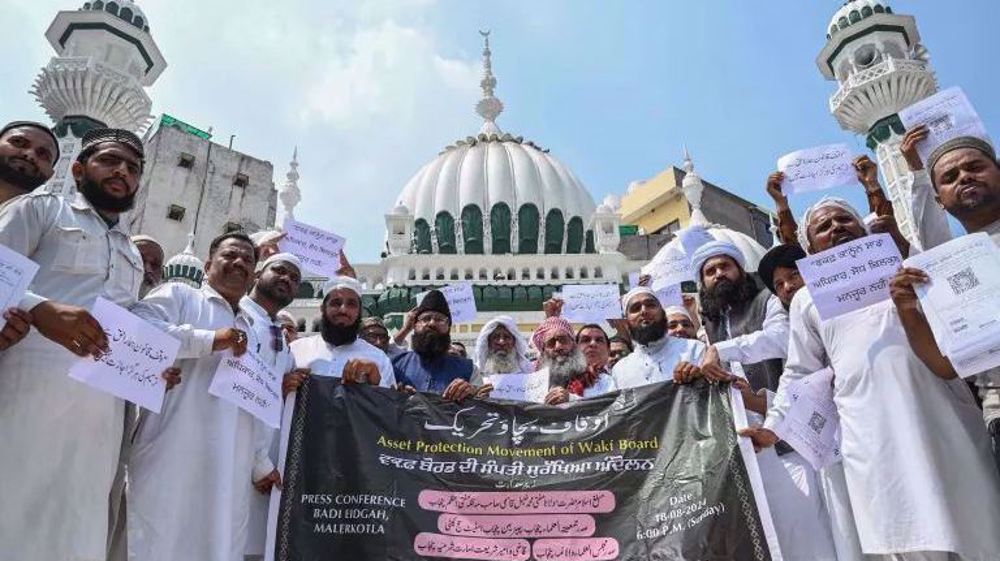
Indian parliament passes bill seen as step to seizure of mosques
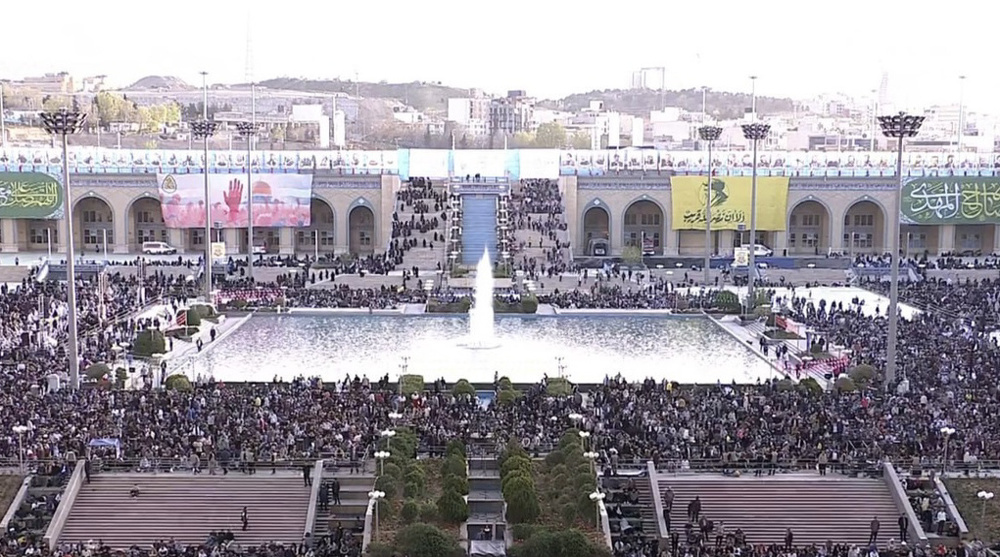
Eid al-Fitr celebrated in Iran, other countries as holy month of Ramadan comes to a close
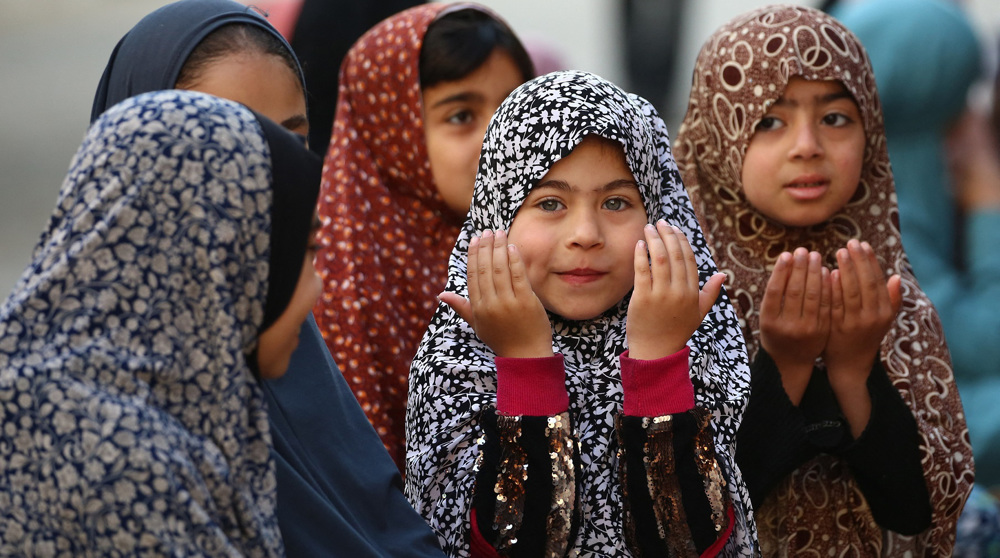
Iran FM calls for more unity, empathy among Muslims in Eid message
Iran denies US investors will be present in its trade fair
Israeli forces kill three Palestinians in intensified West Bank raids
VIDEO | Press TV's news headlines
Nearly 600 children killed in renewed Israeli assault on Gaza: UN agency
Moroccan port workers protest Maersk ship carrying F-35 parts to Israel
Iran will ‘chart its own path’ if US refuses to negotiate on ‘equal footing’: President
Iran eyes more exports to Brazil to balance bilateral trade
Russia's President Putin ratifies bill for strategic partnership with Iran


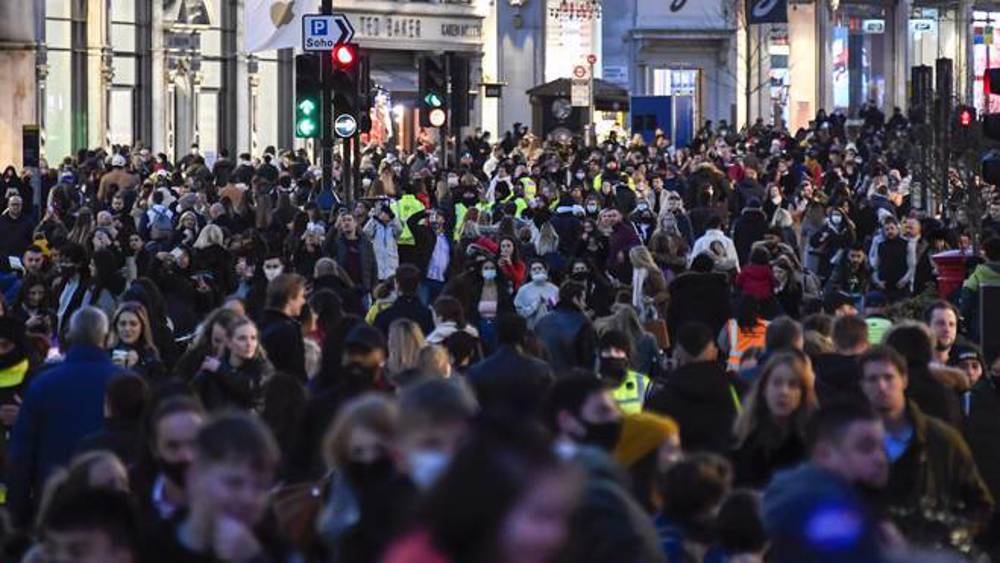
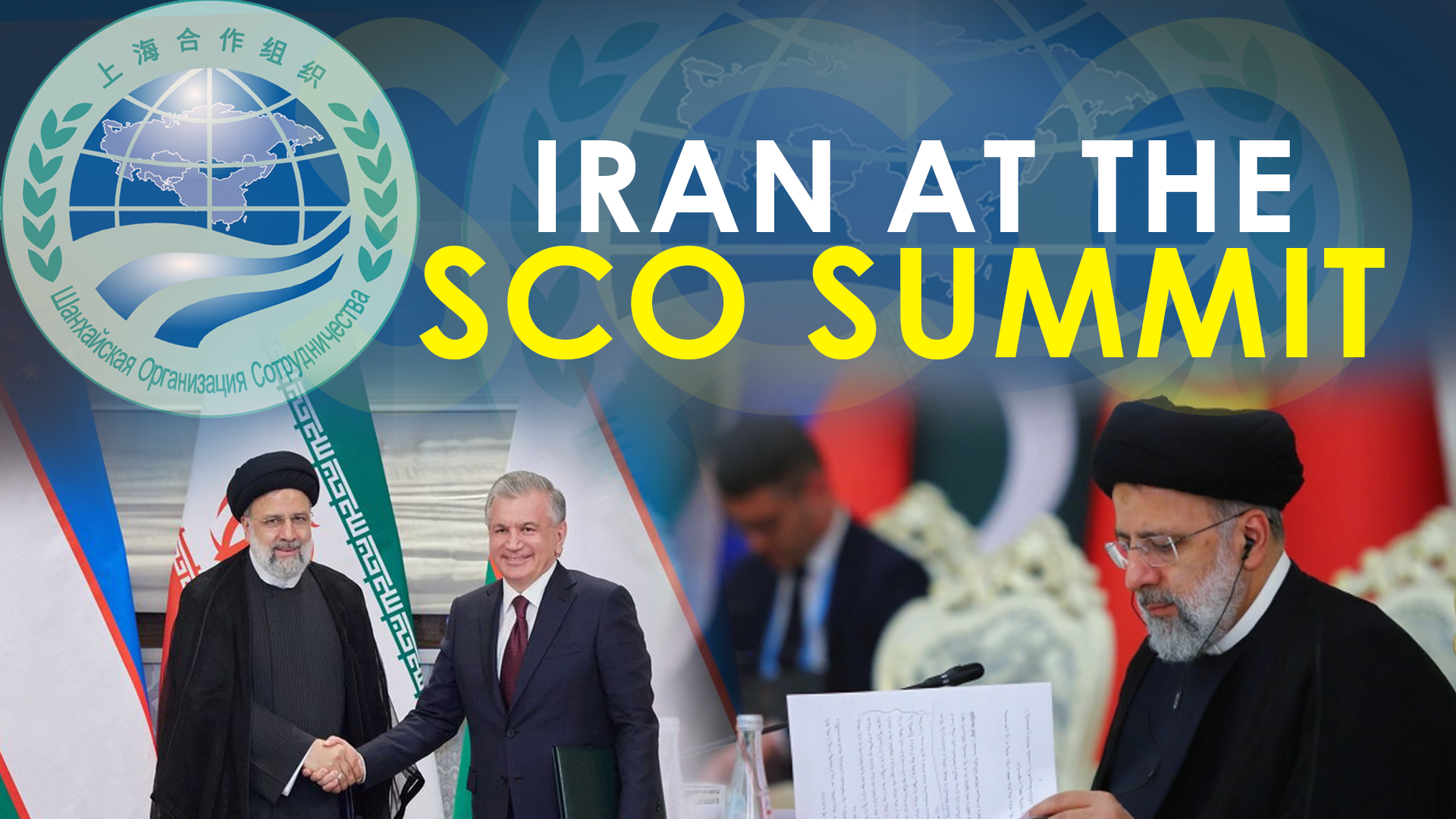
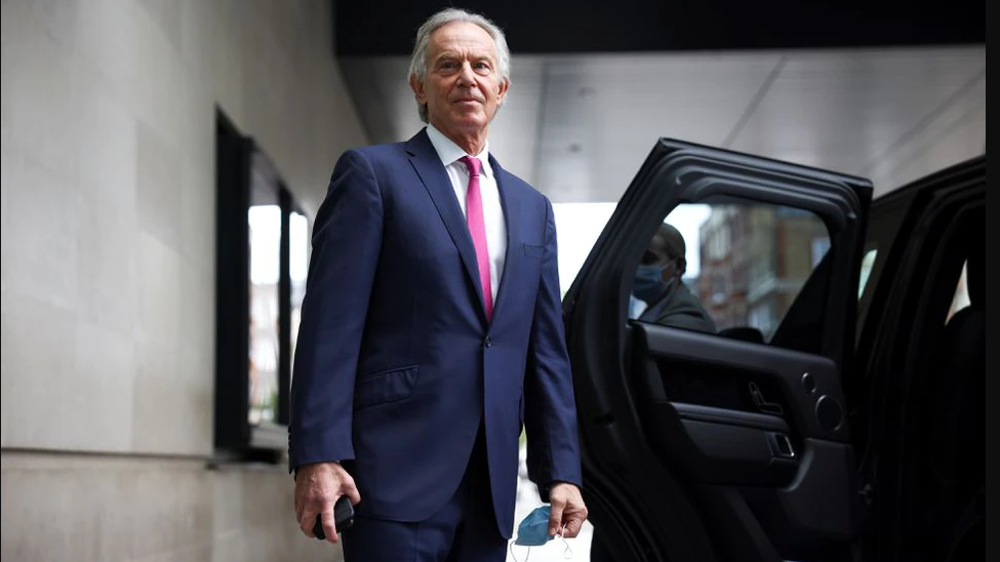

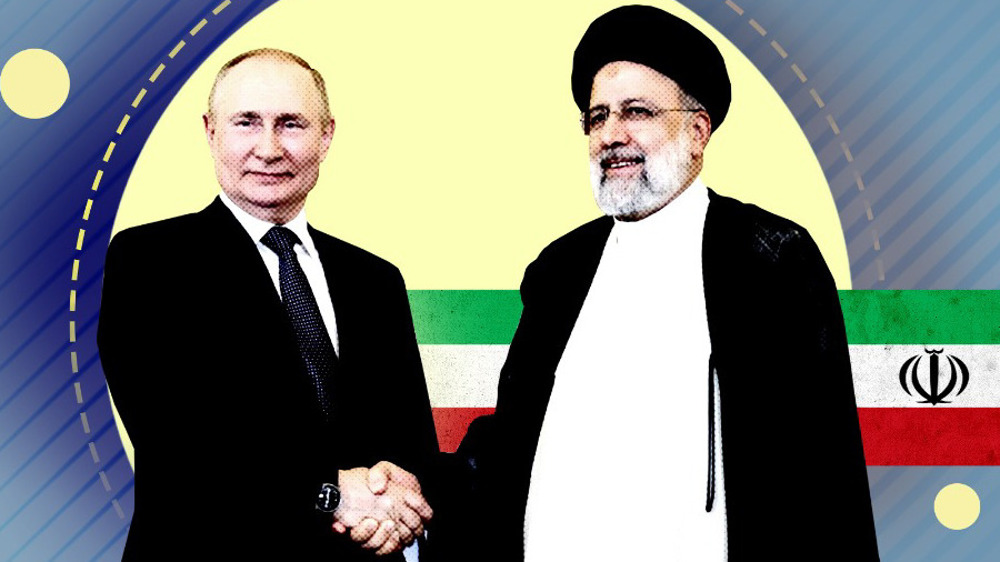

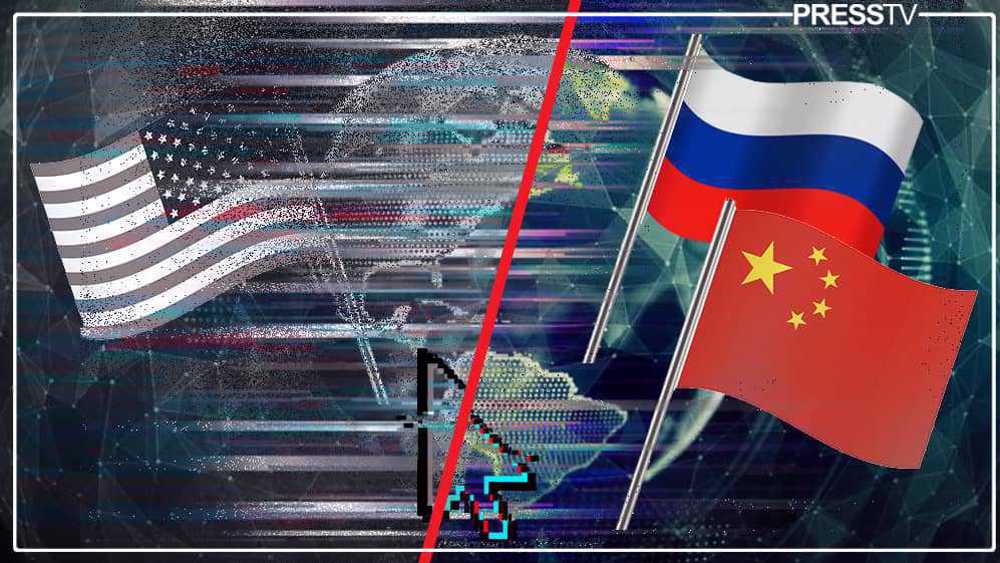




 This makes it easy to access the Press TV website
This makes it easy to access the Press TV website